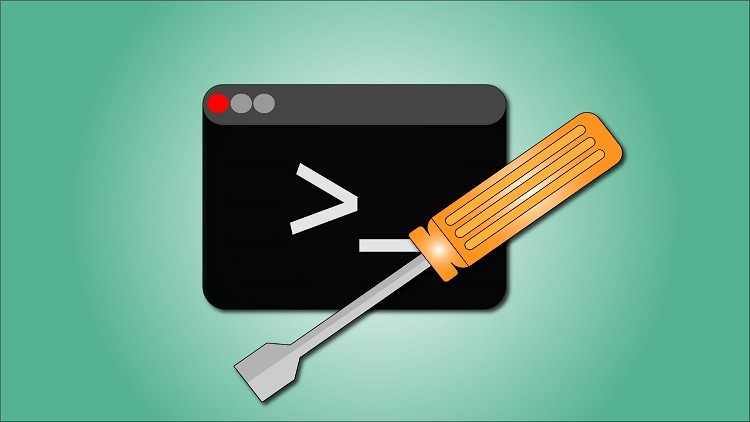
Learn to create a programming language and create a compiler in Simple and Comprehensive manner
What you will learn
On completion of this course you could create your OWN programming Language,
And you would be able to design your own compiler implementing all the concepts
behind such as including LEXICAL Analysis, PARSING, etc.
You will learn some concepts of Compiler Design with practical examples
Description
Welcome to this course, where you would learn how you create a programming language with some functionalities, right from the beginning in short amount of time. The key concepts involved in a programming languages are Compiler Design and Theory of Automata. You might need familiarity of some concepts in these domains, and you need to be familiar with Java Programming language. Although if you don’t have any exposure to these terms, you can still benefit from this course, but you should try to learn more on Compiler Design and Automata later. These are the core building blocks of a programming language, being complex topics, and we tried to simplify a few of them and provide a quick roadmap of steps involved in developing a completely new Programming Language.
Before heading to create a Programming language, you may need to be clear with what kind of Programming language you would like to develop. Just put a sheet of paper and write your requirements beforehand, based on these questions:
-
Will it be based on a Compiler or an Interpreter or both?
-
Does it require UNICODE literals (for non-English syntax, like Hindi, Tamil, Chinese, Russian, Arabic, etc.)
-
Or can it be written with ASCII (for English syntax or Roman script)
-
Would it require bytecode, or does it directly convert to machine code?
-
If it requires bytecode, can you use any existing bytecode program like JVM?
-
Will it be an Object Oriented language like Java, Python or Procedural like C?
-
Would you require bootstrapping (writing compiler in the same NEW language you are creating) or not?
-
Would you require to manually perform operations like Lexical Analysis, Parsing, Syntax tree, etc or will you Automate some of these?
You can ask yourself more such questions, and here you will be learning to create a programming language that will follow this set of features:
-
It will be based on Compiler
-
It will be implemented in ASCII (as the new language is based on English)
-
Yes, it will be implementing bytecode, and based on JVM (Java Virtual Machine)
-
It will be a simple procedural language, but you can add Object Oriented and other feature later.
-
Its compiler will be written in Java, No bootstrapping involved.
-
Some parts of the compiler will be automated
In the beginning of this course, you will learn about the Grammar. You will learn how to create a grammar file and what are the next steps involved in creating the programming language. Next you will be learning about Lexical Analysis, Parsing and Compiler Design. In the following section you will learn how to create a simple calculator based programming language, and in the last section you will learn how to enhance language to support variables. You would be able to print strings, perform operations on variables. Later you can add control statements in a similar manner.
Content